Picture: ERGO Network
2 August 2021
Izabela Tiberiade
Activist, Law Graduate of the University of Malmo, Sweden and Romnia
Interview on the occasion of 2 August 2021, Holocaust Memorial Day for Sinti and Roma
My name is Isabela Tiberiade I graduated law faculty at University of Malmo, Sweden and my ethnicity is Roma.
Isabela, what is your opinion regarding deportation of Roma people in Transnistria?
Roma deportation, as a subject, is the most severe chapter of Roma’s people history. A nation who suffered without having any kind of blame. It is like a curse that, somehow managed to become a legacy to the upcoming generations and I think everyone of us is feeling the effects.
And what do you think about the fact that, nowadays, nobody is talking anymore about the deportation.
I don’t think it was discussed at all… It is very sad and mostly unfair, which comes like a sequel of this historical chapter and I think it can be an act of disloyalty for the romanian history, because of the fact that we are not trying to make those things that happened known and acknowledged by the upcoming generations, but also for those before.
What do you think, Isabela? How do you think the life was for people deported after coming back from Transnistria?
I refuse to think that they had a good life when they came back, they were practically coming back to nothing. They had to start their lives again from zero, carrying this huge trauma and the emotions, in a society with a powerful discriminatory backround. I don’t think they ever felt support or compassion. I believe it is very important to raise awareness and discuss about those episodes of history, to ensure they will not ever happen again.
Which do you think it was the reason why Roma people were deported?
Purely, because their ethnicity was Roma, for making part of this ethnical group. It’s very sad… because as it also happened to other groups that were exterminated, like the Jewish people, for the same reason, the Roma people didn’t possess the power or at least the idea of choosing not to be a part of those crimes made.
And why do you think, Isabela, that the youth nowadays know almost nothing about this historical subject of deporting Roma people to Transnistria?
Youth people don’t know much about this subject mostly because the lack of accessibility for information related to this subject. Some, if they know about the deportation or genocide, don’t even think of the fact the Roma people were affected and included. I believe we can create some kind of justice if we could successfully transmit the information to the future generations, and helping them know as much as possible. This is how we could help preventing from this bad things to ever exist again.
Statements 2021

Romani Rose
Przewodniczący Centralnej Rady Niemieckich Sinti i Romów

Katarina Barley
Vice President of the European Parliament

Helena Dalli
Komisarz ds. Równości Unii Europejskiej

Claudia Roth
Vice President of the German Bundestag

Paul Blokhuis
Dutch State Secretary Paul Blokhuis
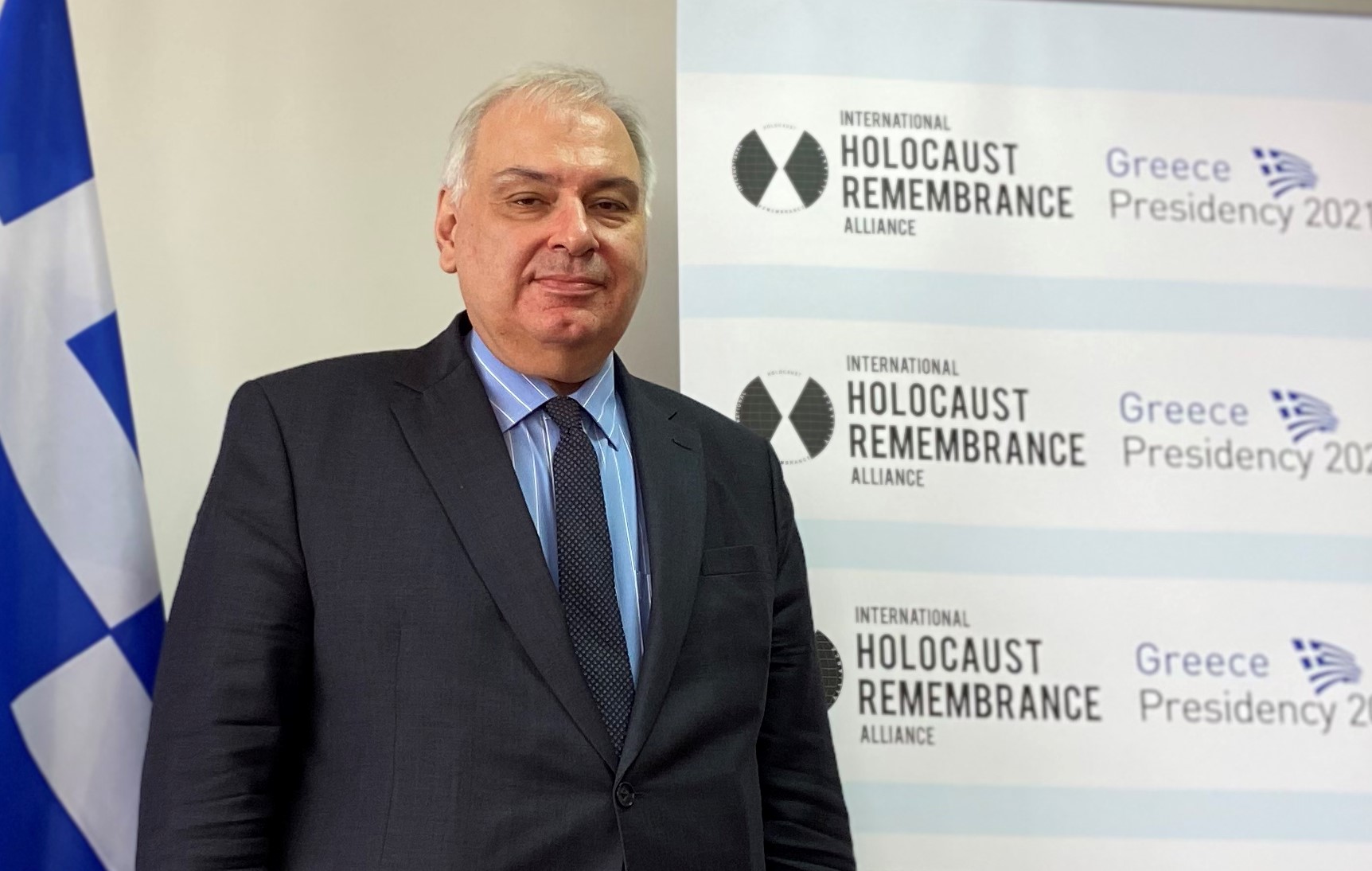
Chris J. Lazaris
Amb. Chris J. Lazaris, IHRA Chairman

Fernand des Varennes
UN Special Rapporteur UN minorities

Anna-Nicole Heinrich
President of the Synod of the Evangelical Church in Germany (EKD)

Justin Trudeau
Prime Minister of Canada
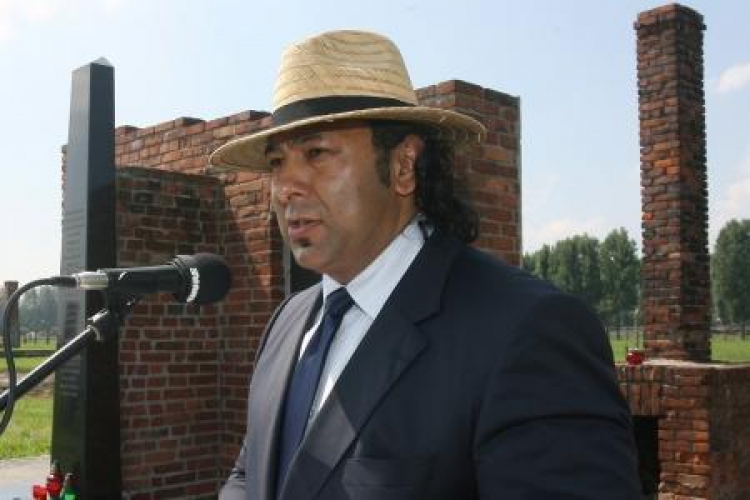
Roman Kwiatkowski
Chairman of the Association of Roma in Poland

Erich Schneeberger
Deputy Chairman of the Documentation and Cultural Center of German Sinti and Roma and Chairman of the Association of German Sinti and Roma

Timea Junghaus
Executive Director
European Roma Institute for Arts and Culture (ERIAC)
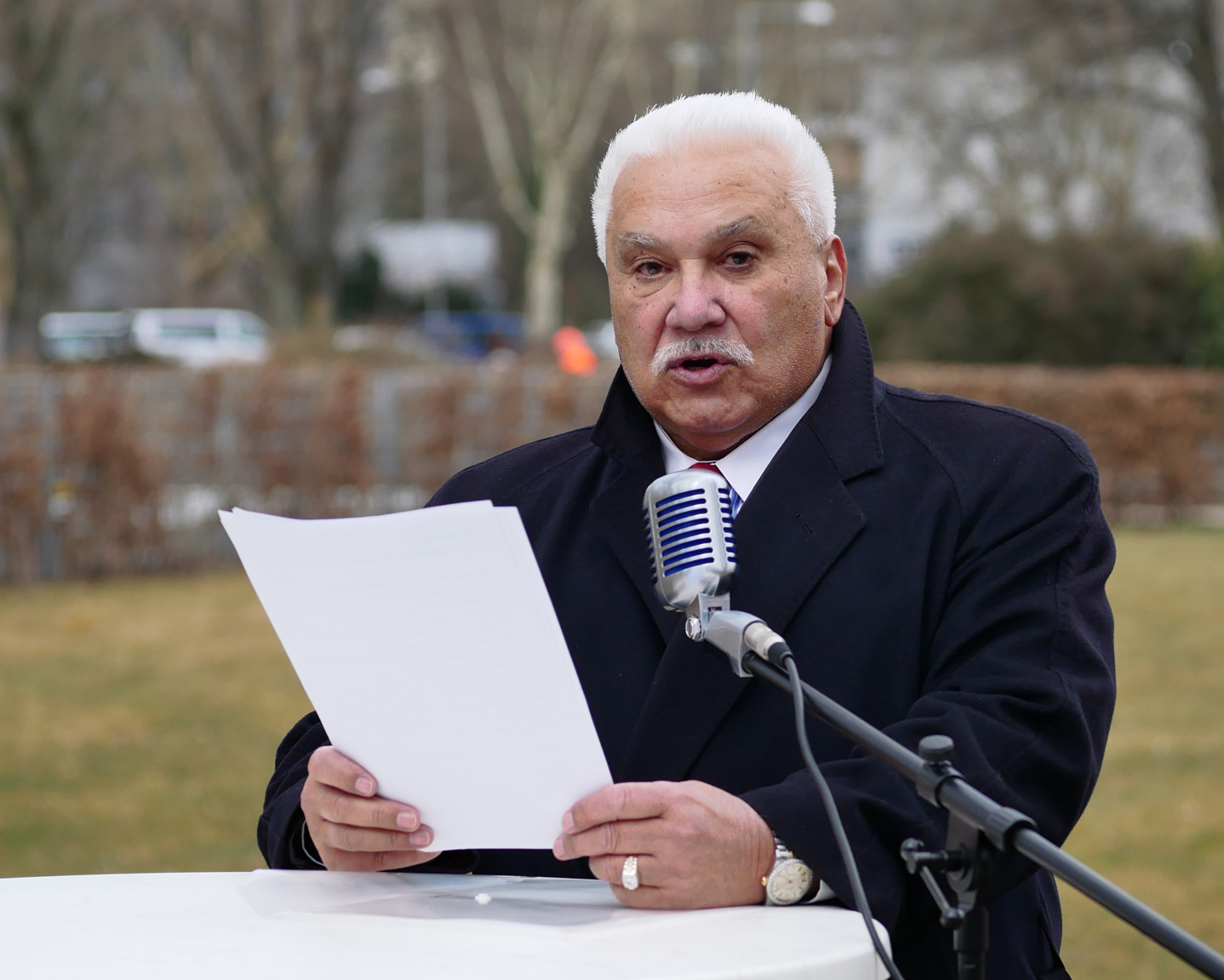
Adam Strauß
Chairman of the Council of German Sinti and Roma in Hesse

Manon Aubry
Manon Aubry, MEP
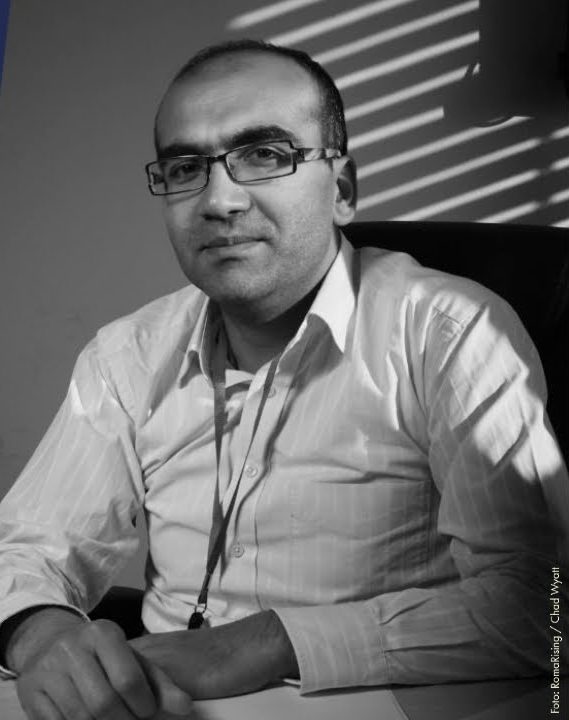
Adrian-Nicolae Furtuna
Historian at the University of Bucharest
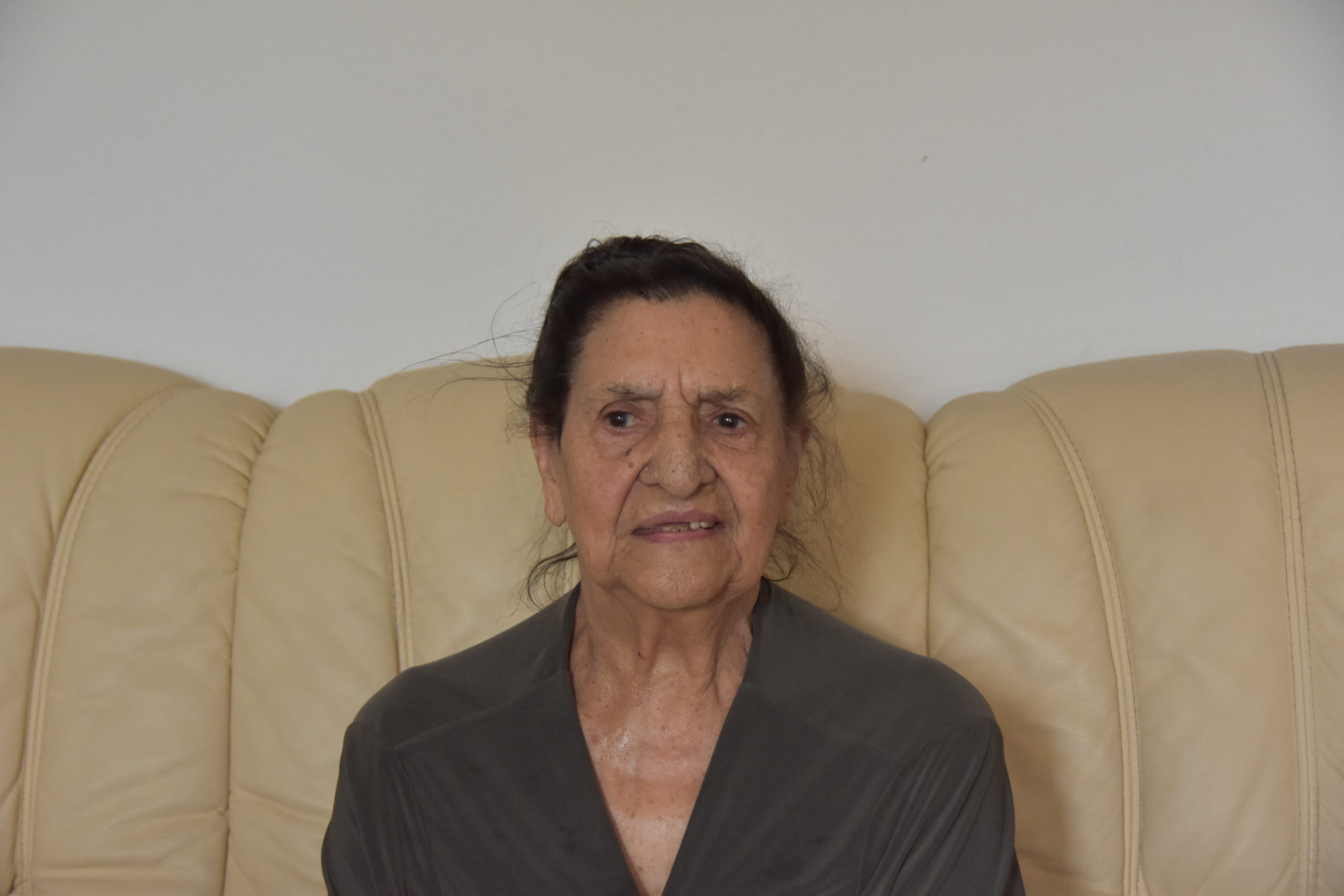
Philomena Franz
Holocaust Survivor

Angelina Kappler
German former Weinkönigin
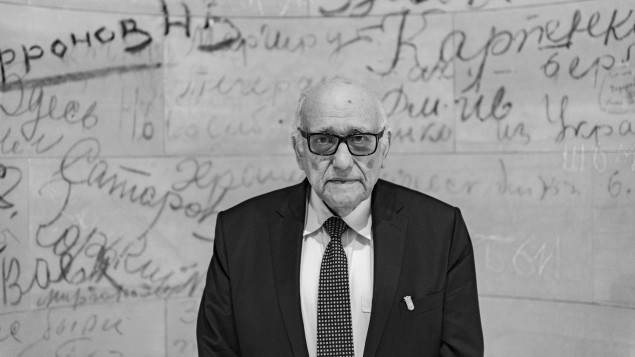
Marian Kalwary
Chairman of the Association of Jews,
Survivors and Victims of the Second World War

Piotr Gliński
First Deputy Prime Minister and the Minister of Culture and National Heritage of Poland

Izabela Tiberiade
Young Activist from Sweden

Ursula Krechel
Writer

Marija Pejčinović Burić
Sekretarz Generalny Rady Europy

Klaus Iohannis
Prezydent Rumunii










